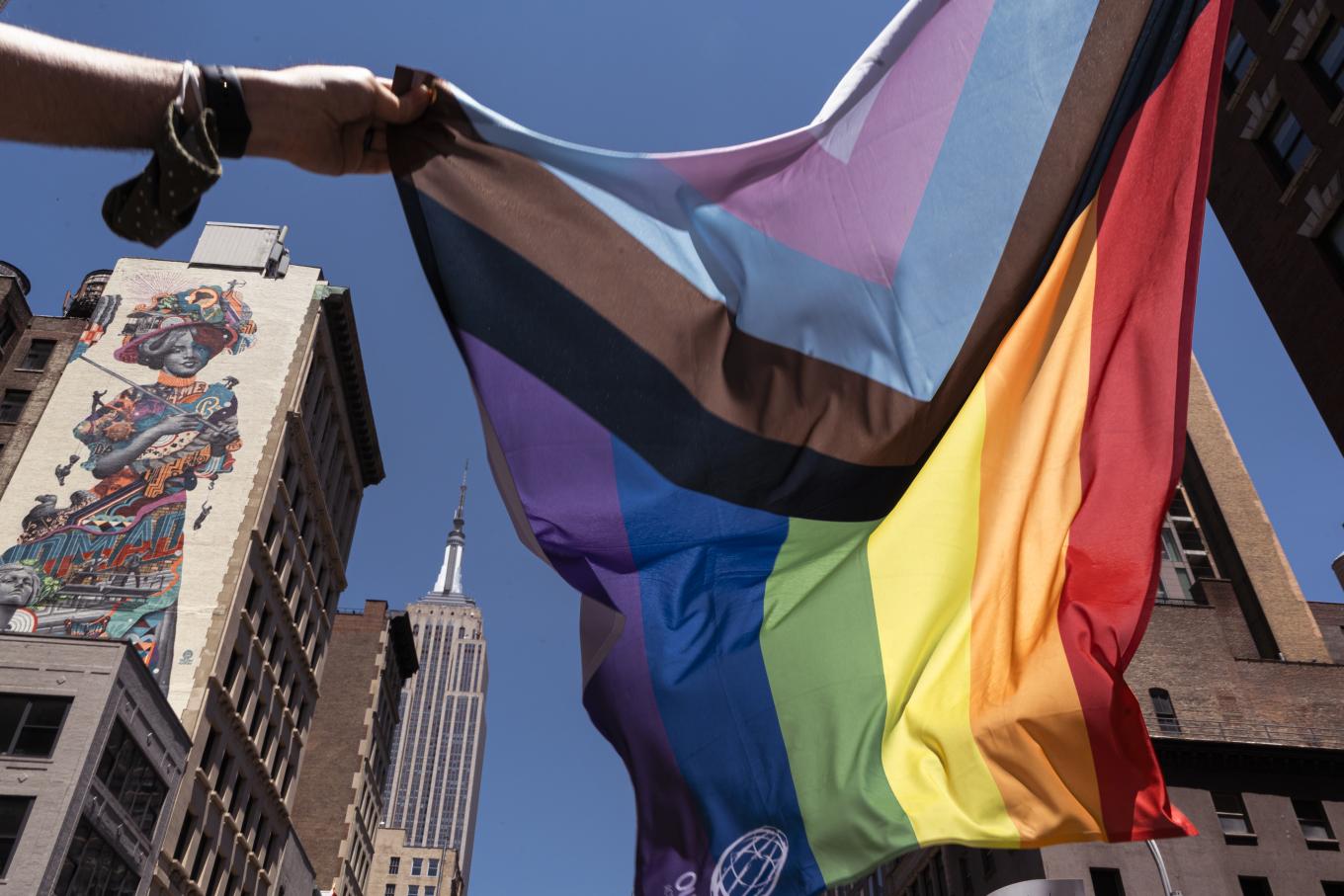
Country Overview
Syria
At a glance
View more for this country:
Syria’s legal landscape remains highly restrictive for LGBTIQ individuals, with same-sex relations being criminalized under Article 520 of the Penal Code. This provision bans “sexual acts against nature” and is commonly used to prosecute and imprison individuals accused of engaging in same-sex relations, with sentences of up to three years in prison. The legal framework does not provide a path for legal gender recognition, posing legal and social challenges for transgender individuals.
Before the Syrian civil war, which started in 2011, Syria’s societal attitudes toward LGBTIQ individuals were already conservative and often hostile, deeply rooted in traditions and family values. Homosexuality was largely viewed as taboo, and many people faced social ostracism, harassment, and family rejection. As a result, many LGBTIQ Syrians lived closeted lives, and LGBTIQ organizations struggled to operate openly in the country.
The outbreak of civil war has further complicated the situation for LGBTIQ individuals. In January 2015, the Syrian Observatory for Human Rights documented the execution of 14 individuals by Islamist groups over the course of a year on charges of adultery for women and adultery and homosexuality for men. In 2020, there were alarming reports of public beatings and executions of individuals in territories controlled by Islamic extremist groups. These groups are particularly hostile to LGBTIQ people, enforcing a strict interpretation of Shariah, under which homosexuality is viewed as a crime punishable by death.
In recent years, reports of violence and forced disappearances have emerged, with LGBTIQ individuals targeted by both the Syrian government and opposition factions. In regions controlled by Syrian Democratic Forces (SDF) and Kurdish forces, the situation for LGBTIQ individuals is marginally better, but still fraught with legal and social challenges. While Kurdish forces have sometimes shown a degree of tolerance for diverse gender identities, there is no legal recognition of same-sex relationships or gender identity, and LGBTIQ individuals still face severe social stigma in regions they control.
Though LGBTIQ advocacy organizations have tried to raise awareness and provide support to the community, the ongoing conflict and political instability have made it impossible to establish any formal, openly operating LGBTIQ groups within Syria. These organizations, if they exist, operate underground or from outside the country, and LGBTIQ individuals in Syria cannot easily turn to organizations for protection or support. Many have been forced to flee the country as refugees, seeking asylum in neighboring countries like Turkey, Lebanon, and Jordan, where they still face significant risks of discrimination and marginalization.
*Outright research indicates bodily autonomy of intersex people is not respected and protected.
Global Impact
Sub-Saharan Africa
Outright supports LGBTIQ organizations in Sub-Saharan Africa and works with mainstream human rights organizations to respect human rights and influence positive changes in laws, policies, attitudes and beliefs that cause discrimination against LGBTIQ people.
United Nations
Our work at the United Nations centers around advocating for the advancement of the rights of LGBTIQ people.
View this regionAsia
Our work in Asia promotes acceptance of sexual and gender diversity at all levels of society.
View this regionSouthwest Asia and North Africa
In the Southwest Asia and North Africa, we partner with local groups in various countries as part of our international solidarity work. We also work with our local partners on different topics through capacity building, advocacy, research and holistic security.
Europe and Central Asia
Outright International partners with activists to fight for an end to human rights violations based on sexual orientation, gender identity and gender expression in Europe and Central Asia, where most of our work involves emergency responses to harassment, discrimination, violence, and most recently, Russia’s brutal and expanded invasion of Ukraine.
Americas
Our work in the Americas continues to build on the fundamental and positive transformation of human rights protections in recent years. We partner with groups in the Caribbean that focus on ending gender-based violence and eradicating discrimination against trans people.
Pacific
Our work in the Pacific aims to increase the visibility of activists, respond to human rights emergencies, and actively bridge local, regional, and international activism to achieve equality and justice.
Global
View this region
Human Rights Research
Since 1990, we have partnered with activists from all over the world to produce hundreds of groundbreaking reports.
Read Our Reports